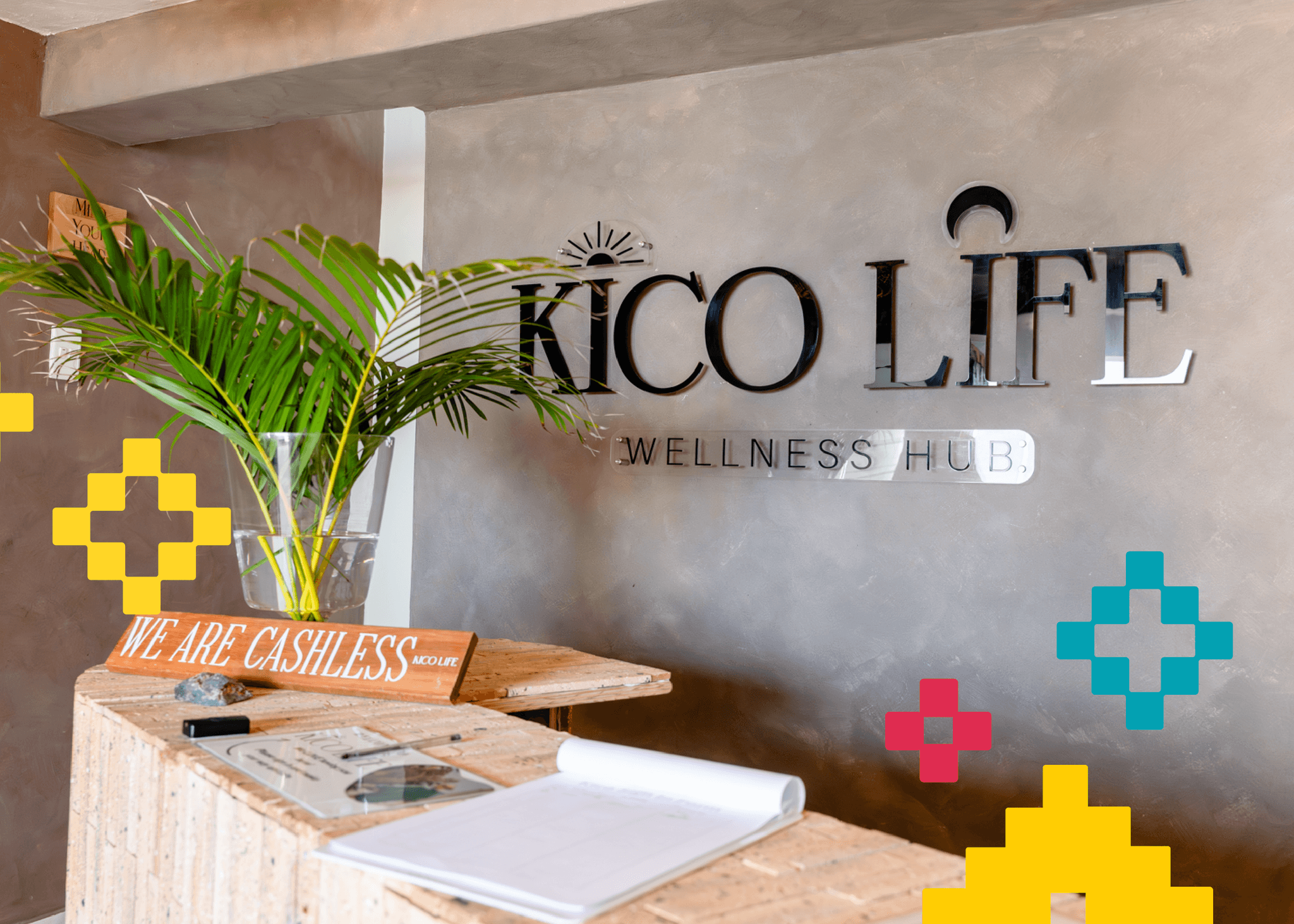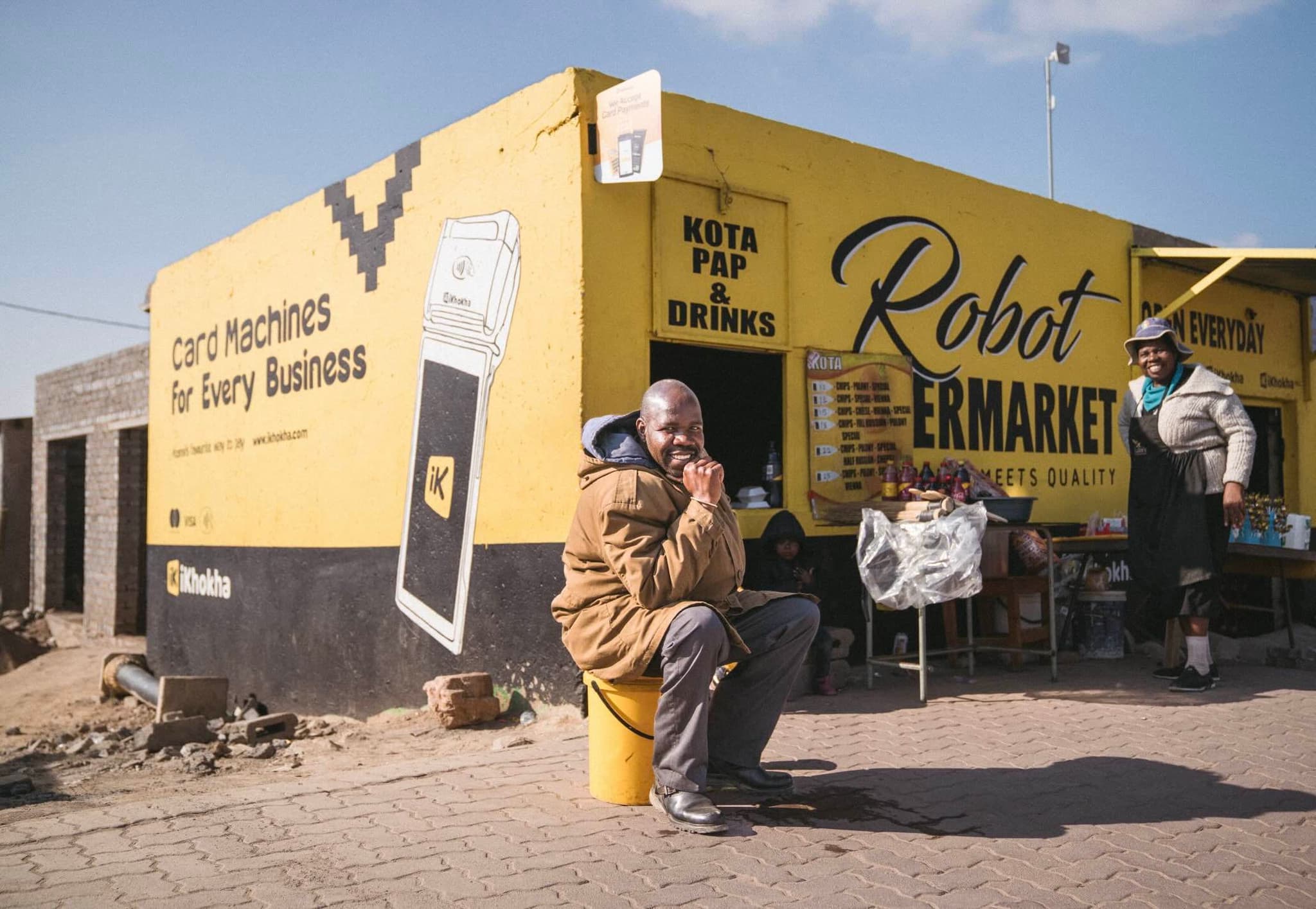
How to Maintain Positive Cash Flow: Habits, Systems and Small Wins That Stick
How to achieve and maintain positive cash flow with these cash flow strategies for SA business owners.
BY Sarah Heron
Table of Contents
- Introduction
- What does ‘positive cash flow’ really mean?
- The habits of a cash flow-conscious business
- They stay close to the numbers
- They invoice fast... and follow up faster
- They keep overheads lean
- They plan ahead
- They build buffers
- They keep stock moving
- Tips to keep your cash flow strong month after month
- Monitor cash flow like you check sales
- Offer flexible ways for customers to pay
- Don’t wait to talk to suppliers
- Forecast the future - even if it’s not perfect
- Separate personal and business finances
- Think in seasons
- Growth ≠ overspending
- Go back to the beginning
- My Cash Flow Habits Checklist
- More of a virtual learner?
So, you’ve wrapped your head around cash flow*.
You’ve faced the tough parts, made changes, and started to breathe again. Now what? Maintaining positive cash flow isn’t about one-off quick wins. It’s about building sustainable habits, systems and practices that keep money flowing steadily in the right direction.
This is where the tide turns. From surviving to thriving.
*If you’re new here – hi! You can get some more cash flow context by starting at the beginning of this series: What is Cash Flow? Money In vs Money Out
What does ‘positive cash flow’ really mean?
It’s more than having money in the bank. Positive cash flow means:
- Your income consistently exceeds your expenses
- You’re able to pay your bills, team and suppliers on time
- You’ve got some breathing room for the unexpected
- You can invest in growth like stock, equipment, or marketing
- You can pay yourself properly (finally!)
Cash flow is a moving target, but the goal is a business that funds itself, instead of one that constantly needs bailing out.
The habits of a cash flow-conscious business
Here’s what business owners with healthy cash flow tend to do differently:
They stay close to the numbers
This doesn’t mean you need a finance degree. But it does mean knowing what’s coming in, what’s going out, and when.
Even a simple weekly check-in with your numbers can help you catch problems before they snowball.
They invoice fast... and follow up faster
A late invoice is a late payment. And a payment you don’t follow up on? Often forgotten. Set up a system to invoice promptly, send polite reminders, and follow up regularly.
Digital invoicing gets you paid twice as fast. Get free access to unlimited digital invoices with iK Invoice!
They keep overheads lean

From subscriptions to unprofitable product lines, it’s easy to bleed cash without realising it. Businesses with strong cash flow review expenses often and cut what’s not adding value.
They plan ahead
Cash flow dips aren’t always avoidable - but they are often predictable. Seasonal slumps, stock delays, VAT payments… mapping out big cash flow events helps you prepare, not panic.
They build buffers
Even saving R1000 a month can add up to a lifesaving buffer in lean months. The goal? Enough of a reserve to cover at least 1–3 months of operating expenses.
They keep stock moving
Stock that isn’t selling ties up your cash. Cash flow-positive businesses have strategies for moving slow sellers (promotions, bundles, discounts) to free up that cash.
Tips to keep your cash flow strong month after month

Monitor cash flow like you check sales
Just like you track how much you’re selling, track how much cash is flowing in and out. Use a tool, spreadsheet or app - whatever works. The important part is consistency.
We’ll point you in the right direction. You can see the full spectrum of your business in real time with the free iK Dashboard.
Offer flexible ways for customers to pay
If it’s hard to pay you, they’ll pay someone else. Card machines, mobile payments, online options. Make it easy. And if you sell high-ticket items or services, consider offering upfront payment discounts or part-payment plans.
Don’t wait to talk to suppliers
Need longer terms? Facing a tight month? Rather have the awkward conversation early than ignore it. Many suppliers are open to renegotiating if you’ve built trust and pay on time when you can.
Forecast the future - even if it’s not perfect
Try to predict your income and expenses 3 - 6 months ahead. Start simple:
- List all known income (repeat clients, sales projections, subscriptions)
- List expected expenses (rent, stock, staff, loan payments)
- Identify where shortfalls might happen and plan around them
Separate personal and business finances
This one’s crucial. Mixing the two clouds your visibility. If you haven’t already, open a separate business account, pay yourself a set amount monthly, and treat the business like its own entity.
Think in seasons
If your business is seasonal (think: summer sales, festive season, back to school), cash flow will naturally peak and dip. That’s not failure, it’s rhythm. Anticipate it. Use high income months to prep for leaner ones.
Growth ≠ overspending
It’s tempting to go all-in when business starts booming. But remember: growth without control can lead to the same cash flow issues you worked hard to fix.
Here’s how to grow responsibly:
- Test demand before buying bulk stock
- Add staff gradually, with clear ROI in mind
- Don’t spend on status (shiny new office, unnecessary tools)
- Use profits to invest in what’s working, not what looks impressive
Good growth is measured. It’s patient. And it’s backed by strong cash flow, not wishful thinking.
Go back to the beginning
There will be months when cash flow feels harder again. That’s business. But now you have the tools to weather it.
Here’s a refresher list for your office wall or notes app:
My Cash Flow Habits Checklist
✅ Weekly check-ins with cash in/out
✅ Invoice fast and follow up
✅ Review and cut unnecessary costs
✅ Keep an emergency buffer
✅ Forecast 3–6 months ahead
✅ Communicate with suppliers
✅ Offer payment flexibility
✅ Separate business and personal spend
✅ Think ahead for seasonal changes
More of a virtual learner?
Check out the rest of our free Cash Flow Series for bite-sized videos and invaluable tricks of the trade to help you achieve and maintain positive cash flow for your business.
Watch now





















